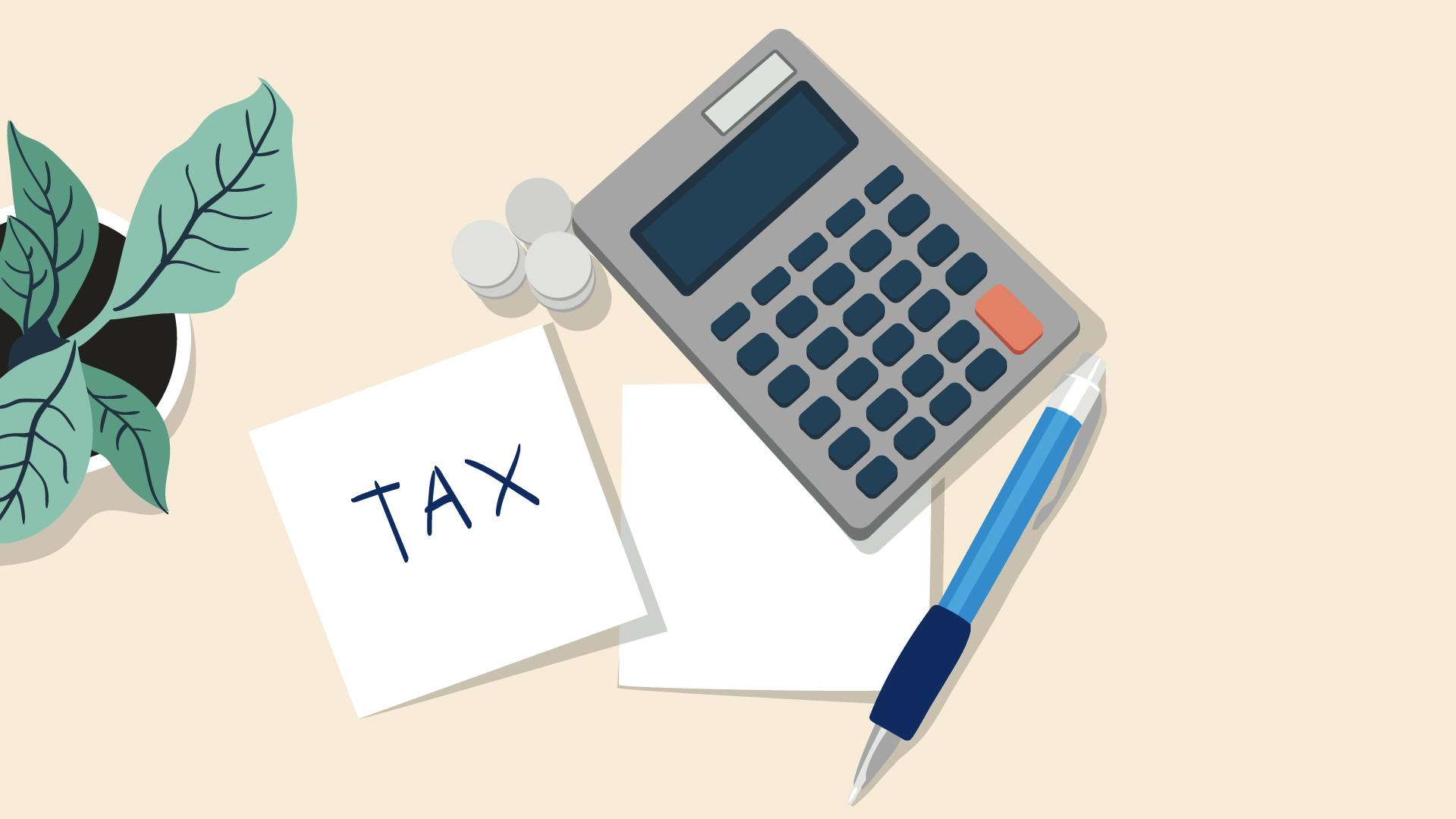What sucks more than paying taxes? Paying fines for being late with your returns or submissions. This is an entirely new world for fresh freelancers and self-employed to wrap their minds around, and it’s also something it takes those who have been doing it already - a few years to get really good at. Let’s make sure you’re on track for 2020, and what to do if you’re not!
For many freelancers we have come from different backgrounds or even if you’re German a non-business background, and the tax obligations and procedures are some of most rigorous and demanding in the entire world - and they make no secret of it. The office in charge, the Finanzamt (Link) , are notorious for their no exceptions methods and quick follow up on any and all basic errors.
Many people share their stories of long waits and difficulties with agents and even the smallest issues with forms, which may have been given wrong in the workplace! Make no mistake, you want to make no mistakes with them because the punishment can be financial - and always helps to have them on your good side. Some good news
Of course, this is the part where we remind of you of all the awesome ways Kontist can help you automate the intricacies of expense management, VAT reservation and reporting obligations - and it’s one of the reasons our company was founded - to help you stay on top and stay ahead. Right, let’s get into it.
The German tax and financial year follows a standard calendar year - meaning your financial year begins on January 1 and ends on December 31. Income Tax is most likely paid quarterly, in advance, based on pre-payment estimates from the Finanzamt. It can, at times, take two years to have accurate prepayment figures.
VAT is most likely reported monthly, however, this can also be done on a quarterly term - either way, it too often carries pre-payment basis. Trade Tax is also paid quarterly in the same circumstances as the income tax. Then, annually, you will complete a tax assessment once the financial years closes - which reports on your entire income, taxes, deductions, expenses and revenues. The deadline for this is the 31st of July in the following financial year. Therefore, your 2019 tax assessment must be completed and submitted to the Finanzamt by July 31, 2020.
You may be a commercially registered business - depending on your profession, and this is determined when you set up your business. If you are - then in addition to income tax you may be liable for a municipality determined trade tax.
This can range from 7% and up to 17.5% and is pre-determined for prepayment on a quarterly basis with the final assessment to be completed at the end of the financial year with your annual declaration. In the event your income does not exceed EUR 24,500 you will not be liable for this tax.


